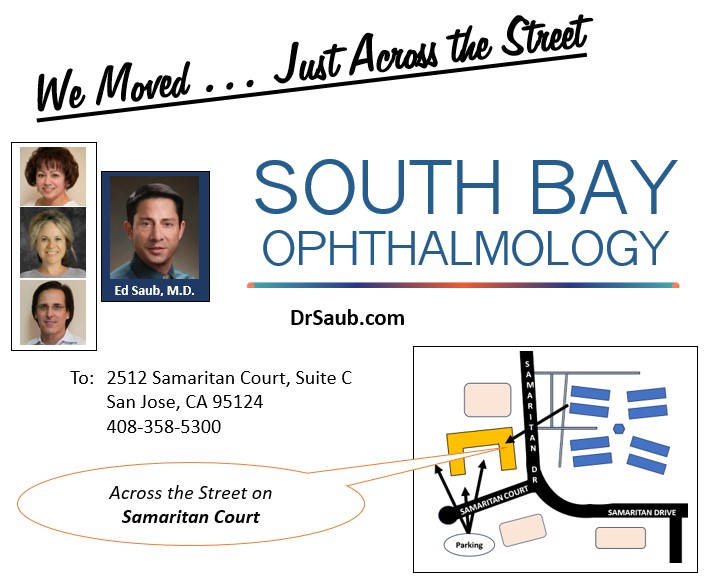The eye is one of the most complex organs in our bodies. A comprehensive eye exam is more than just a check for glasses. It is also an in-depth evaluation that includes many elements to assess the quality of your vision, the health of your eyes and, because examination of the eye can reveal systemic medical problems, a comprehensive exam also looks for clues that may be associated with common systemic diseases such as heart disease, kidney disease, diabetes and hypertension and with less common diseases such as cancer, brain tumors and other serious diseases.
A comprehensive eye exam begins with a thorough medical and ocular history, including a detailed family history. The physical examination begins with a check of vision and refraction for glasses.
Next, a sequence of simple tests and measurements are completed, including a measurement of your eye pressure. This is followed by a highly magnified examination through a biomicroscope, known as a “slit-lamp.” This allows a detailed inspection of the eyelids, conjunctiva, sclera, cornea, anterior chamber, iris and lens. It also provides a highly magnified view of the optic nerve, macula and retinal blood vessels. Next, your pupils will be dilated with eye drops. The drops take about 20 minutes to enlarge your pupils, which lasts several hours, making your vision blurry and your eyes sensitive to light during this time. Dilation is important because it allows visualization of the lens, vitreous, optic nerve, macula, retina, and the retinal arteries and veins, which are all critically essential for good vision, each offering clues as to your underlying medical health.
Dr. Saub specializes in being thorough. He takes time to listen, to educate, to answer your questions, and to discuss preventative eye care measures important for a lifetime of good vision.


